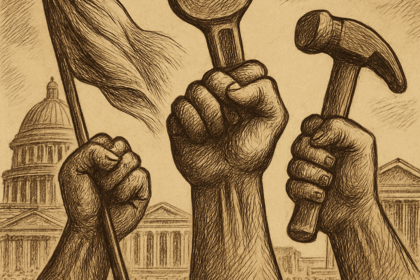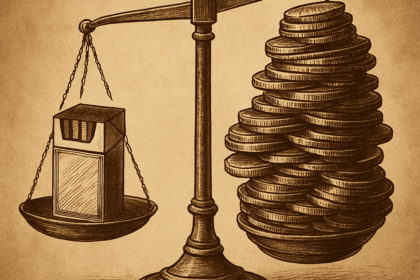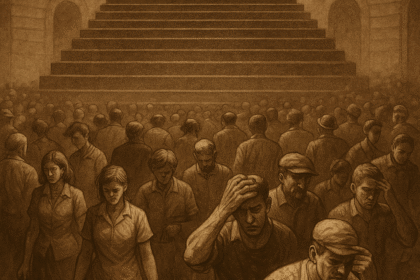In this special May Day miniseries, revisit the true meaning of work as an expression of freedom and individual responsibility, free from state control. Explore how the free market...
Work is dignified by freedom and individual responsibility—not by state tutelage. Understand how the true value of work arises from autonomy, personal effort, and cooperation...
May Day was born as a symbol of workers' freedom, but it was hijacked by the state and unions to reinforce political dependencies. Learn how to reclaim the true spirit of self-determination...
The modern state uses abusive taxes to restrict behaviors and products without assuming the political responsibility to formally prohibit them. Understand how punitive taxation erodes freedom...
Abusive taxes and government prohibitions don't eliminate demand—they only fuel the illegal market and strengthen organized crime. Understand how government intervention transforms voluntary exchanges...
While ordinary Brazilians suffer from the loss of purchasing power, a state elite of high-ranking public officials accumulate privileges, high salaries and full pensions — at the expense of the...
The continued expansion of the state threatens individual liberty through fiscal servitude. This article shows how restoring economic sovereignty is essential to protecting true freedom and resisting...
The modern state presents itself as a protector, but by offering security, it creates dependency and limits individual freedom. This article analyzes how the promise of state protection has resulted in control...
The market emerged long before governments and laws. This analysis reveals how voluntary exchange between individuals is the true origin of the economy—and how the state, instead of creating it, began to exploit it.
Regulatory agencies promise to protect consumers, but they often become instruments of political power and privilege. This analysis reveals how regulatory capture stifles competition, b...









